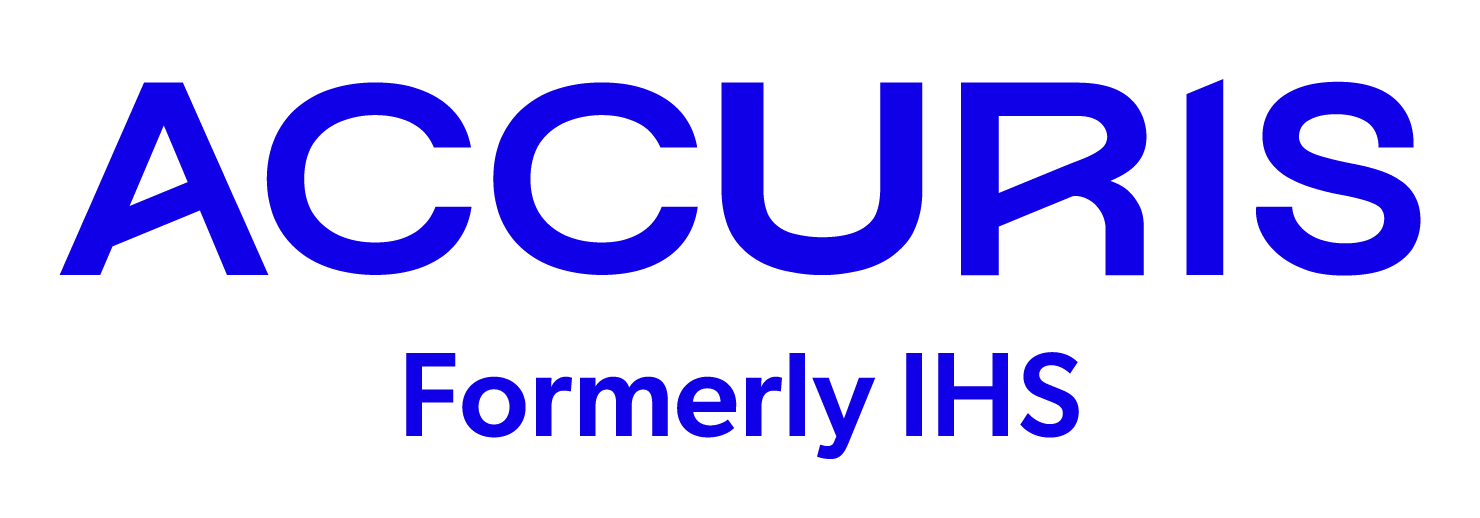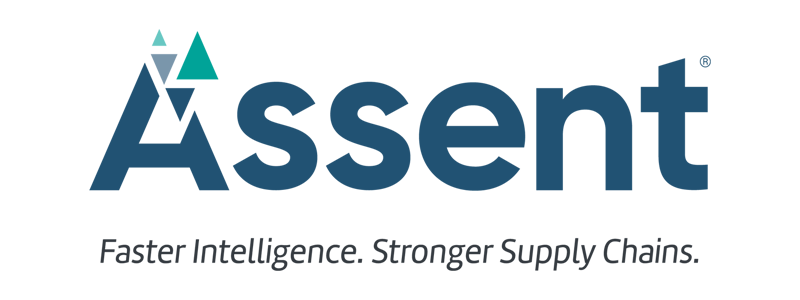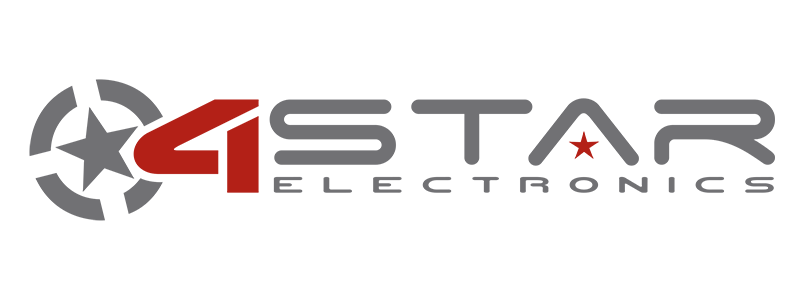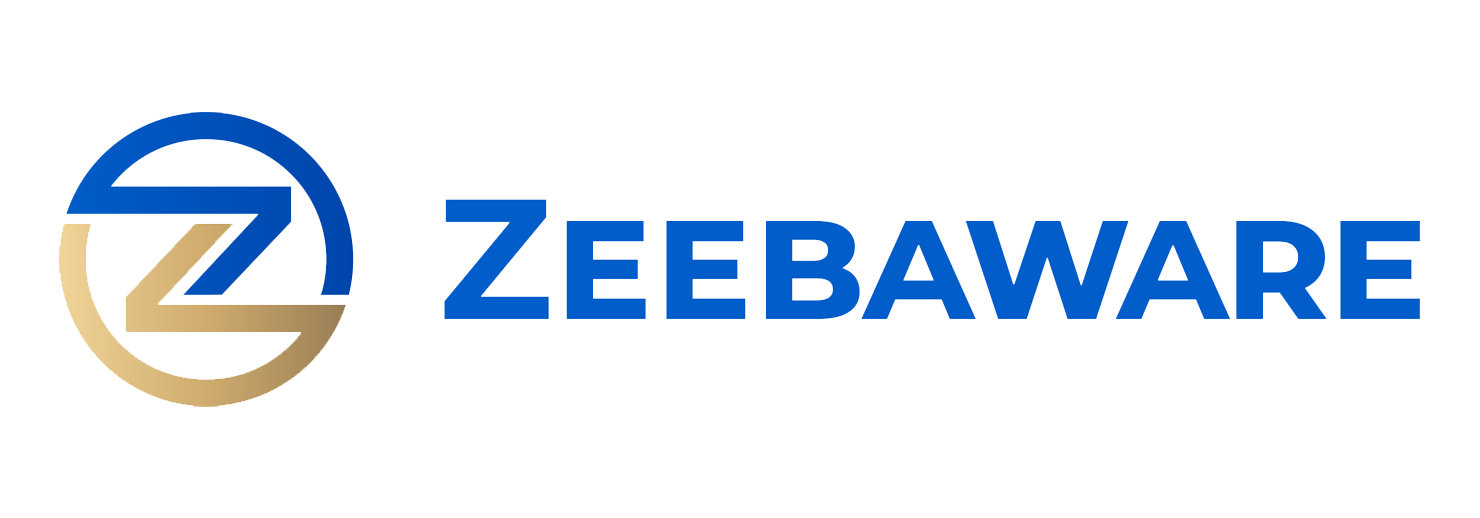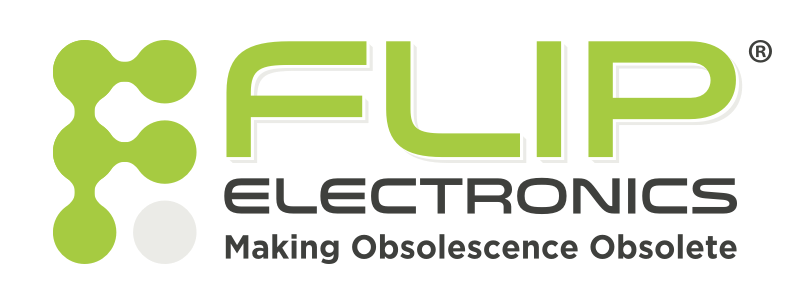About IIOM
What is IIOM?
The International Institute of Obsolescence Management (IIOM) is a not-for-profit organisation that promotes the discipline of obsolescence management.
IIOM Mission- Advance the science and practice of Obsolescence Management
- Promote and recognise high standards of practice and professional competence
- Open up opportunities for development and career paths for practitioners of Obsolescence Management
- Increase awareness and understanding of the discipline
- Support specialist obsolescence management service providers affiliated to IIOM Chapters
IIOM is the professional body for individuals who want to further their knowledge and understanding of obsolescence management, and want to have their competence in obsolescence management formally recognised; individuals can be company representatives or join as individuals.
IIOM has more than 250 corporate members worldwide, including
- End users and OEMs from aerospace, automotive, medical, military, nuclear, oil exploration, rail and telecoms sectors
- Component and equipment manufacturers and distributors
- Government and industry organisations
- Aftermarket suppliers and solution providers
- Obsolescence management tool providers
- Consultancy and project management companies
- Universities

Individual and corporate members join the IIOM Chapters that are affiliated to IIOM; there are currently five country organizations (IIOM Chapters) that are linked to IIOM International by a Delegation Agreement that describes the rights and responsibilities of each party.
- Each IIOM Chapter appoints two people as directors of IIOM, usually the Chair and one other person from the Chapter’s organizing committee
- IIOM’s President and Vice-President are directors of IIOM and are appointed by the IIOM Board
Each IIOM Chapter is an independent not-for-profit organisation that covers a territory, either a country or group of countries such as DACH region. The Chapter can either be an existing organisation that would like to be affiliated to IIOM (e.g., COGD, the German chapter), keeping its own name, or a new organisation set up with the support of IIOM (e.g. IIOM India, IIOM USA). IIOM is looking to support the creation of IIOM Chapters in more territories.
Each IIOM Chapter manages
- Activities for its members such as meetings, seminars and workshops
- Its own finances (which are independent of IIOM); IIOM activities are financed by a levy on IIOM Chapter membership income
- Its own website and other promotional activities
Benefits of IIOM Membership
Valuable Networking and Knowledge Sharing Opportunities
- Regular meetings held in various locations which provide:
- Presentations, case studies and discussions on the subject of Obsolescence Management
- Updates on OM standards and relevant legislation
- Opportunity to network with other obsolescence management experts
- Opportunities for obsolescence engineers and managers, and solution providers to meet and discuss resolution of obsolescence issues
- Regular webinars on obsolescence topics with expert speakers
- Annual obsolescence management conference and workshop, with reduced rates for members and opportunities to exhibit and sponsor
Consistent Approach to Obsolescence Management Qualifications and Professional Recognition
IIOM has a competence framework that is compliant with the UK Engineering Council requirements. Obsolescence management professionals can therefore have an internationally recognized qualification and can demonstrate their professional development over time.
Register of Obsolescence Management Practitioners
IIOM has a register of obsolescence management professionals and their level of qualification.
Endorsed Trainer Scheme
IIOM corporate members who run obsolescence management training programs can become IIOM Endorsed Trainers.
Obsolescence Solution Providers
Companies that offer obsolescence management services are able to market their services to IIOM members at conferences and meetings; such services include
- supply and testing of aftermarket components
- engineered solutions to obsolescence issues
- monitoring availability of components
- information systems that focus on obsolescence management
- consultancy
- training
International Standards Development
The opportunity to influence the development of international standards in the areas of obsolescence management and sustainability, particularly IEC 62402 Obsolescence Management
